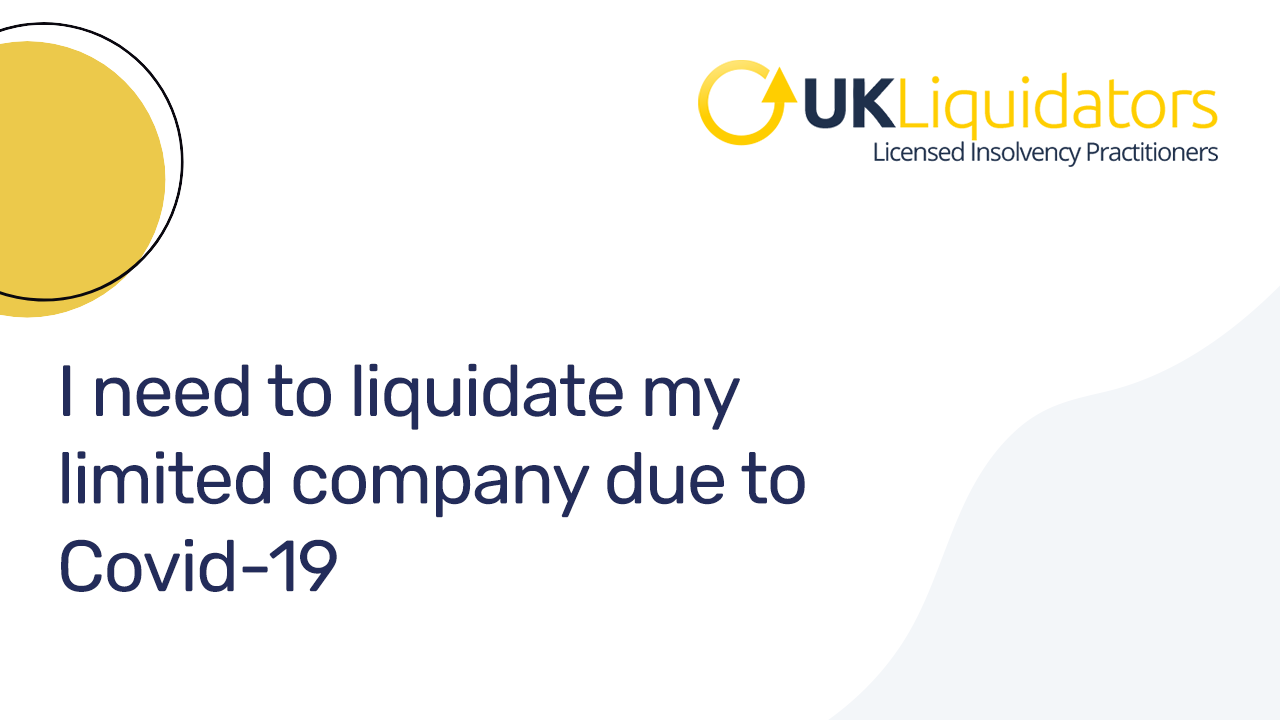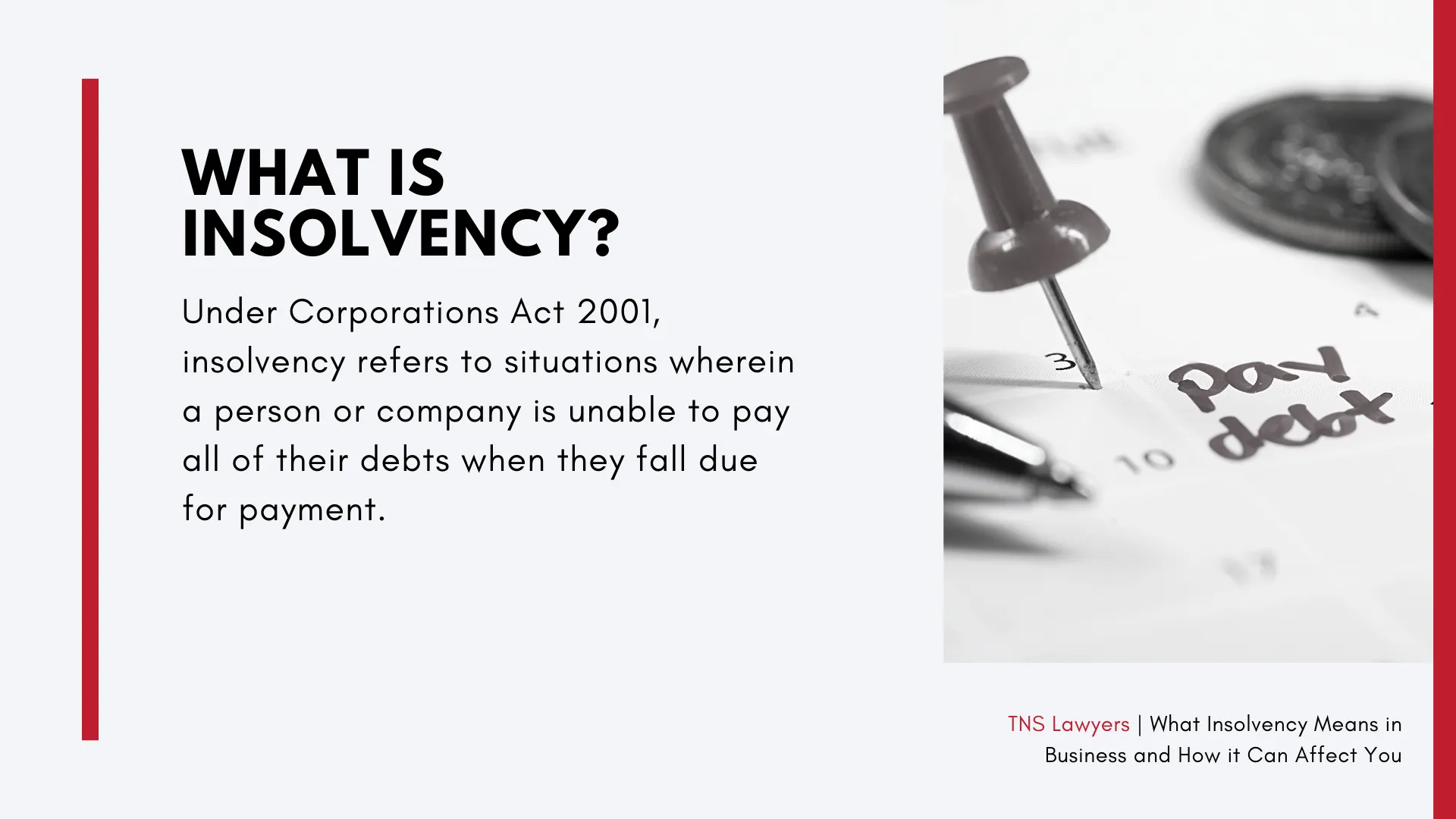The Ultimate Guide To Insolvency Practitioner
The Ultimate Guide To Insolvency Practitioner
Blog Article
More About Insolvency Practitioner
Table of ContentsLittle Known Facts About Insolvency Practitioner.The Definitive Guide to Insolvency PractitionerInsolvency Practitioner - TruthsThe Facts About Insolvency Practitioner UncoveredInsolvency Practitioner Fundamentals ExplainedExcitement About Insolvency PractitionerSome Ideas on Insolvency Practitioner You Need To Know
Insolvency is when obligations are higher than the worth of the business, or when a debtor can not pay the financial obligations they owe. A firm can become financially troubled as a result of a variety of situations that lead to bad capital. When encountered with insolvency, a service or person can speak to financial institutions directly and restructure financial debts to pay them off.Insolvency can result in insolvency proceedings, in which legal action will be taken against the insolvent person or entity, and assets may be sold off to repay superior financial debts. Business proprietors might call lenders directly and restructure debts into even more workable installments. Creditors are normally open to this method because they wish to be settled and prevent losses, even if the settlement gets on a delayed timetable.
The 7-Minute Rule for Insolvency Practitioner
The proprietor creates a proposal outlining just how the debt may be restructured using expense reductions or other plans for assistance. The proposition reveals creditors exactly how business might produce enough capital for successful procedures while paying its debts. Normally, a forgiven financial debt might be considered revenue by the Irs (IRS).

A Biased View of Insolvency Practitioner
When procedures discontinue, so does the company's income (Insolvency Practitioner). Some companies come to be bankrupt since their goods or services do not progress to fit consumers' changing demands.
Costs exceed earnings and expenses continue to be unsettled. Cash-flow bankruptcy happens when a firm has the assets to cover their financial debts but they are in the incorrect form, such as genuine estate rather of liquid funds. Balance-sheet insolvency, on the various other hand, indicates an absence of properties in any type of kind to cover debts.
The IRS states that an individual is insolvent when the overall obligations exceed overall properties. A bankruptcy, on the other hand, is a real court order that depicts exactly how a bankrupt individual or company will repay their financial institutions, or how they will offer their properties in order to make the payments.
Fascination About Insolvency Practitioner

Financial obligation consolidation is when you incorporate numerous finances into one brand-new funding, frequently to achieve far better terms. Insolvency is not the like personal bankruptcy, although a firm that has come to be financially troubled might declare insolvency. Insolvency is the state of not having the browse this site ability to pay your commitments while personal bankruptcy is a legal process to release your debts.
Comprehending the elements that can cause bankruptcy, such as overspending, can help you stop bankruptcy and its effects.
More About Insolvency Practitioner
It is popular that supervisors and officers of companies (and managers of limited liability companies) owe fiduciary responsibilities to their organizations and their investors (or participants). These fiduciary commitments are specified by state statutes and, though there are variants from state to state, they commonly consist of a responsibility of loyalty and a responsibility of care.
The duty of treatment calls for directors and officers to work out diligence, to make informed choices, and to check act in excellent faith to ensure that their activities remain in the finest rate of interest of the business. Though beyond the range of this discussion, some states allow these duties to be restricted either by so noting in the organizational files or abiding by other requirements.
What Does Insolvency Practitioner Mean?
Most states define insolvency in 2 means( 1) when a company's liabilities become greater than the amount of its properties or (2) when the business ends up being unable to pay its financial debts as they become dueand embrace both interpretations (Insolvency Practitioner). The change in obligations takes place since when a firm is financially troubled, there is click this no worth in the company beyond that owed to the firm's lenders to make sure that the equity holders no more have an economic risk in the firm
Be cautious concerning giving shareholders favoritism at the expense of lenders (e.g., authorizing and funding a dividend or a stock redemption). Be cautious about favoritism in between classes of shareholders. Make sensible efforts to find out all the truths prior to taking a details strategy; directors ought to really believe that any choices made are in the most effective passions of the company in its totality (i.e., decisions will certainly be reviewed in knowledge due to the effect of such actions on the company).
In any kind of insolvency or insolvency proceeding, repayments made to certain lenders at the expenditure of other creditors can be clawed back, specifically if there is some link in between the company and the lender. Consider suggesting at a yearly shareholder meeting (or any other meeting of investors) a resolution affirming that all previous service choices and activities taken by the directors and police officers of the corporation were taken in great belief after a workout of affordable care.
The 15-Second Trick For Insolvency Practitioner
Completely disclose any kind of individual or business connections with celebrations beyond of purchases involving the corporation to stay clear of the appearance of a conflict of passion. In examining prospective fund raising transactions or a sale of properties of the struggling corporation, realize that these transactions may be scrutinized later on taking into account any succeeding development of supervisors' fiduciary tasks to consist of creditors.
Report this page